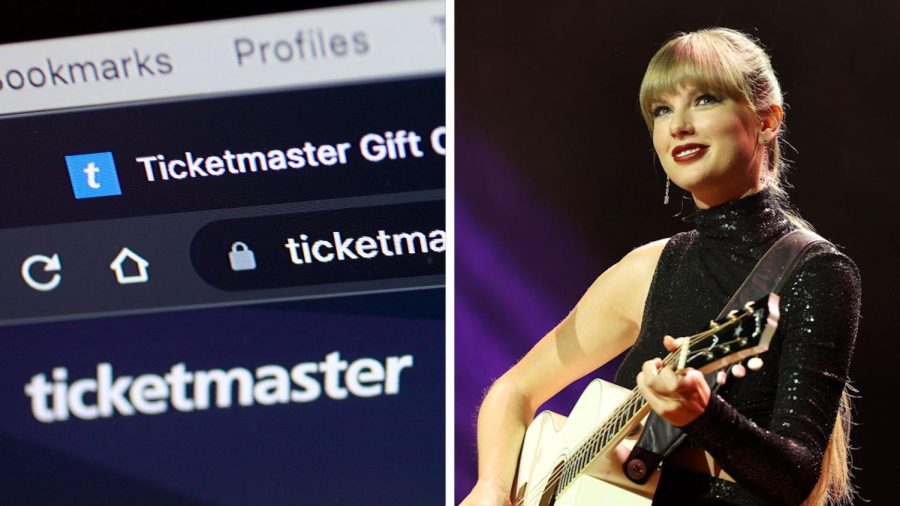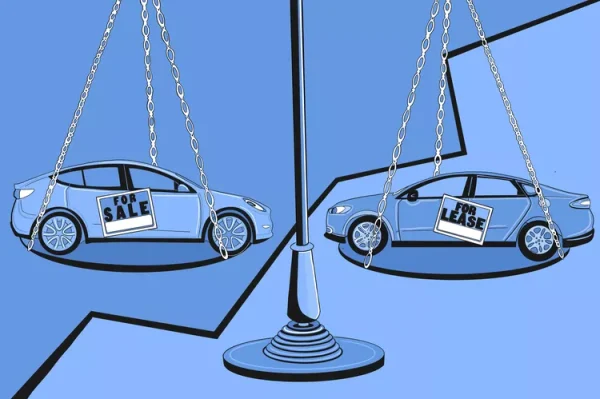Ticketmaster under fire for practices related to major events
Ticketmaster’s handling of ticket sales for Taylor Swift’s The Era Tour has resulted in a Congressional inquiry.
Ticketmaster has recently come under heavy criticism for its ticket pricing and service in relation to the current tours of rock icon Bruce Springsteen and more notably pop megastar Taylor Swift.
On November 1 of last year, Swift announced her highly anticipated The Eras Tour. The prices for tickets ranged from $49-$499, with VIP packages beginning at $199, and as high as $899.
Swift has worked with Ticketmaster in the past, and for her Reputation Tour, everything went smoothly. This time around, however, it has been a completely different story.
As time went by and the ticket sale was getting closer, a select number of Swift fans, also known as Swifties, were able to buy tickets earlier with a presale code. According to Ticketmaster, “there were approximately 14 million users on the site at once during the presale push, and the company sold 2.4 million presale tickets.”
Many problems arose on the day of pre-sales. “The fans that got through — via a system of presale codes and designated purchase times — ran into numerous malfunctions, some being told to wait hours to be able to spend hundreds of dollars on seats,” Ticketmaster explained.
The following day, Capital One cardholders had the opportunity to buy tickets earlier; however, fans also faced the same issues as those in the presales. Olympic Heights sophomore Aviana Solorzano, who couldn’t buy tickets during the Capital One sale recalls, “It was horrendous and super frustrating. I waited forever and kept getting kicked out of the queue.”
Ticketmaster then released a statement following November 17 stating that there were “extraordinarily high demands on ticketing systems and insufficient remaining ticket inventory to meet that demand” of tickets. As a result, general sales were canceled and no new opportunities were given to fans for weeks.
Swift released a statement on Instagram stating, “I’m not going to make excuses for anyone because we asked them multiple times if they could handle this kind of demand and we were assured they could.” Swift added that she would try to “figure out how this situation can be improved moving forward.”
After many weeks of hearing the outrage from fans, Ticketmaster sent out emails to individuals who received a presale code but were unable to buy tickets. The selected individuals were allowed to purchase a maximum of two tickets.
Compounding the problem for fans is that over the past few years, Ticketmaster has been utilizing what it calls “dynamic pricing.” In short, dynamic pricing results in the cost of tickets increasing as the demand for tickets increases. So, while two seats for a Swift or Springsteen concert may originally be priced at $150 each when the ticket sales begin, as the tickets for that particular show are bought, those $150 seats can increase in price even into the thousands of dollars.
Ticketmaster’s defense for dynamic pricing is that it helps to keep ticket scalpers from buying up seats and reselling them at the same exorbitant price Ticketmaster is now charging. Their argument is that now that money that would have gone to scalpers now goes to the artist…and Ticketmaster.
The end result is, however, that many fans are now being priced out of the opportunity to see their favorite performers in person. And, while some argue that the artists shouldn’t be blamed for Ticketmaster’s dynamic pricing, the artist does have the option to tell Ticketmaster not to employ the dynamic pricing model for their tour.
The entire issue was enough to get the attention of Congress. On January 23, the Senate Judiciary Committee held a hearing on the matter and grilled Ticketmaster parent company Live Nation executives about the lack of competition in the ticketing industry and whether or not Ticketmaster has become a monopoly. Utah Sen. Mike Lee (R) said during the hearing, “I think Swifties have figured something out, they’re very good at getting their message across.”
Live Nation responded in a statement claiming that they “take its responsibilities under the antitrust laws seriously” and “does not engage in behaviors that could justify antitrust litigation, let alone orders that would require it to alter fundamental business practices.”
Multiple senators referenced lyrics from iconic songs by Swift when speaking in court. Connecticut Sen. Richard Blumenthal (D) said, “Ticketmaster should look in the mirror and say, ‘I’m the problem. It’s me,’” citing “Anti-Hero,” the lead single on Swift’s latest album, Midnights.
Taylor Swift has not commented on the use of her lyrics at court, however.
” I think that it’s good that they spoke in court because they need to get this situation fixed,” OH sophomore Izabella Pilato commented.
Ticketmaster will go before the full Judiciary Committee soon, and while it is not known exactly what will happen with Ticketmaster, James Madison Institute senior vice president Sal Nuzzo, and American Antitrust Institute vice president for legal advocacy Kathleen Bradish all testified that they believed that Ticketmaster is a “monopoly.”












Izzy • Aug 20, 2024 at 3:58 pm
Such a good article!! I loved reading in depth about what Ticket Master did wrong in this situation. My experience in getting Eras Tickets was stressful and could’ve been handled way better.